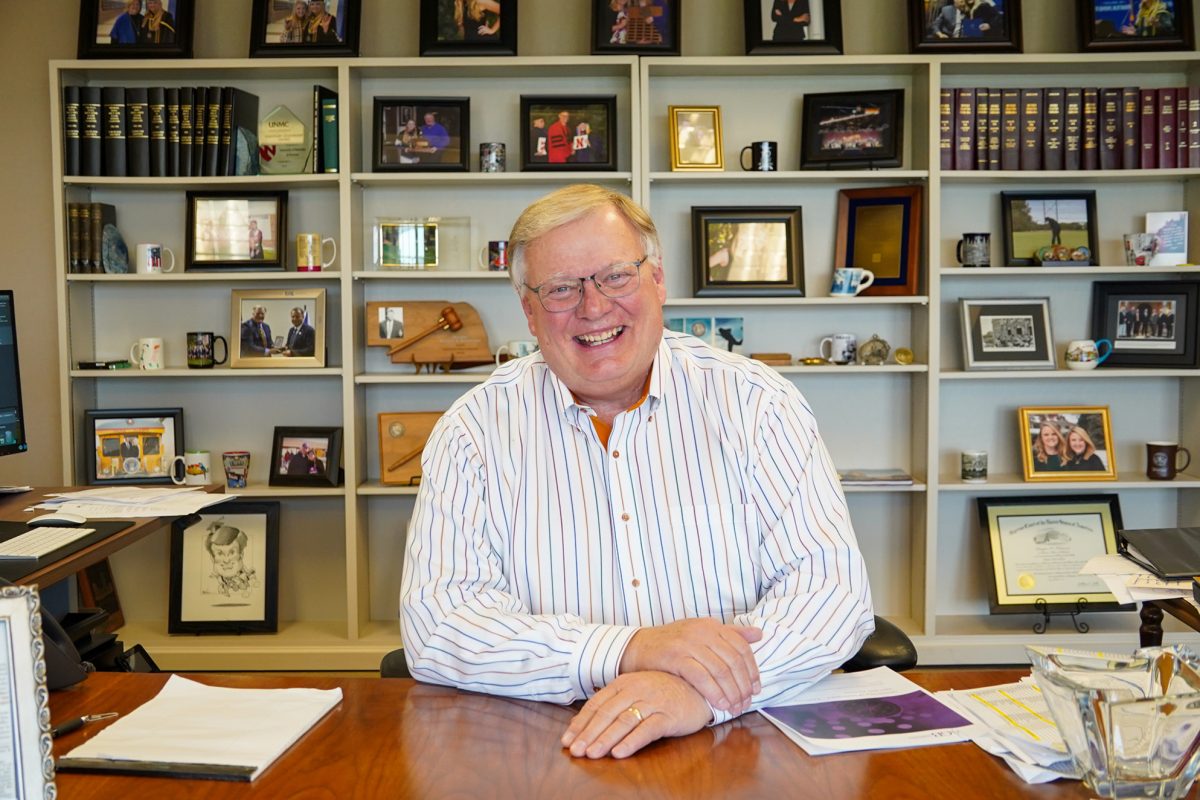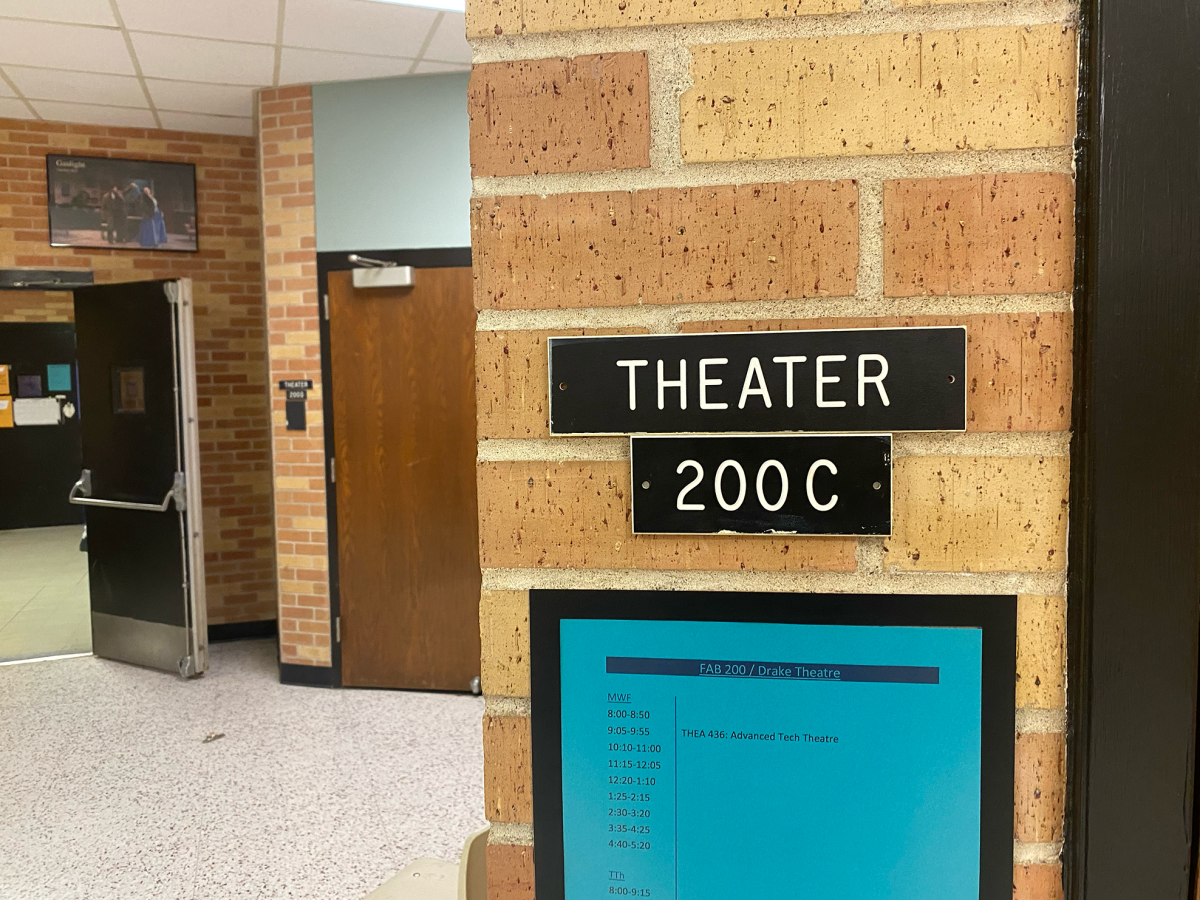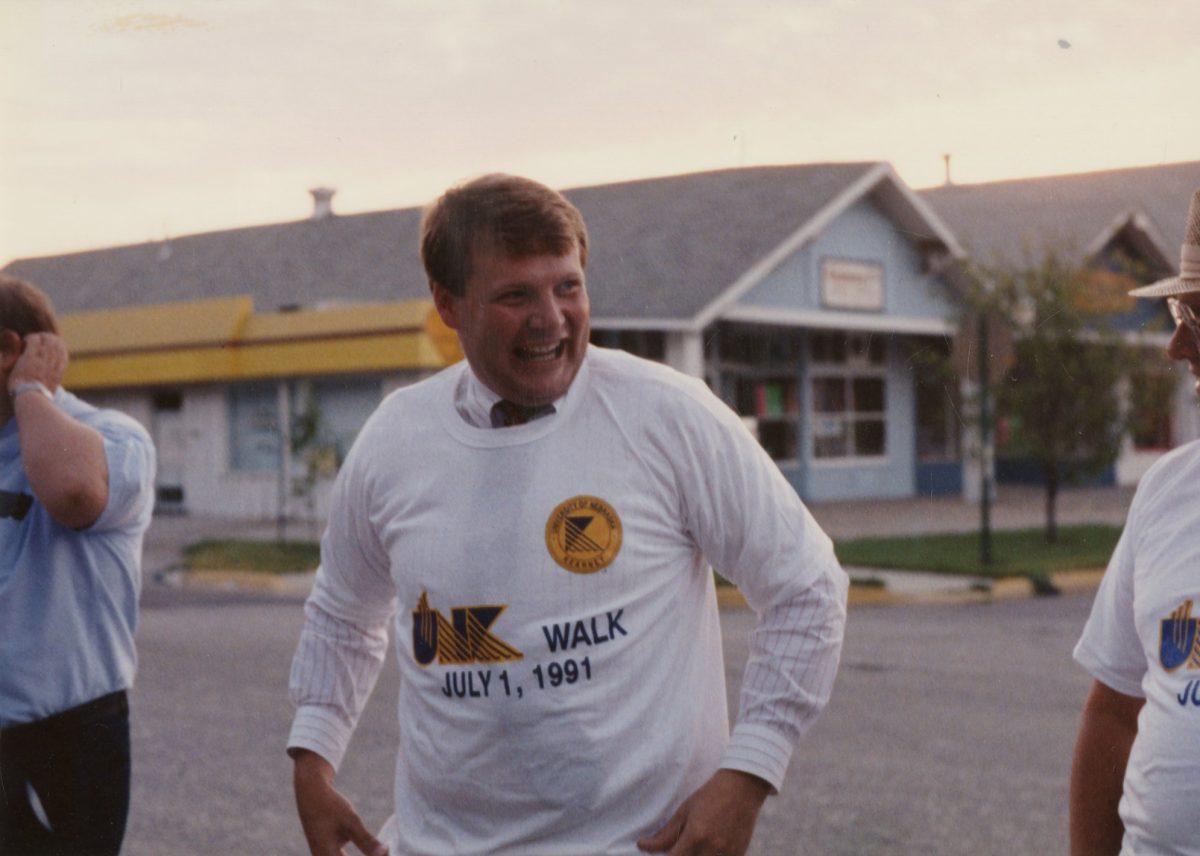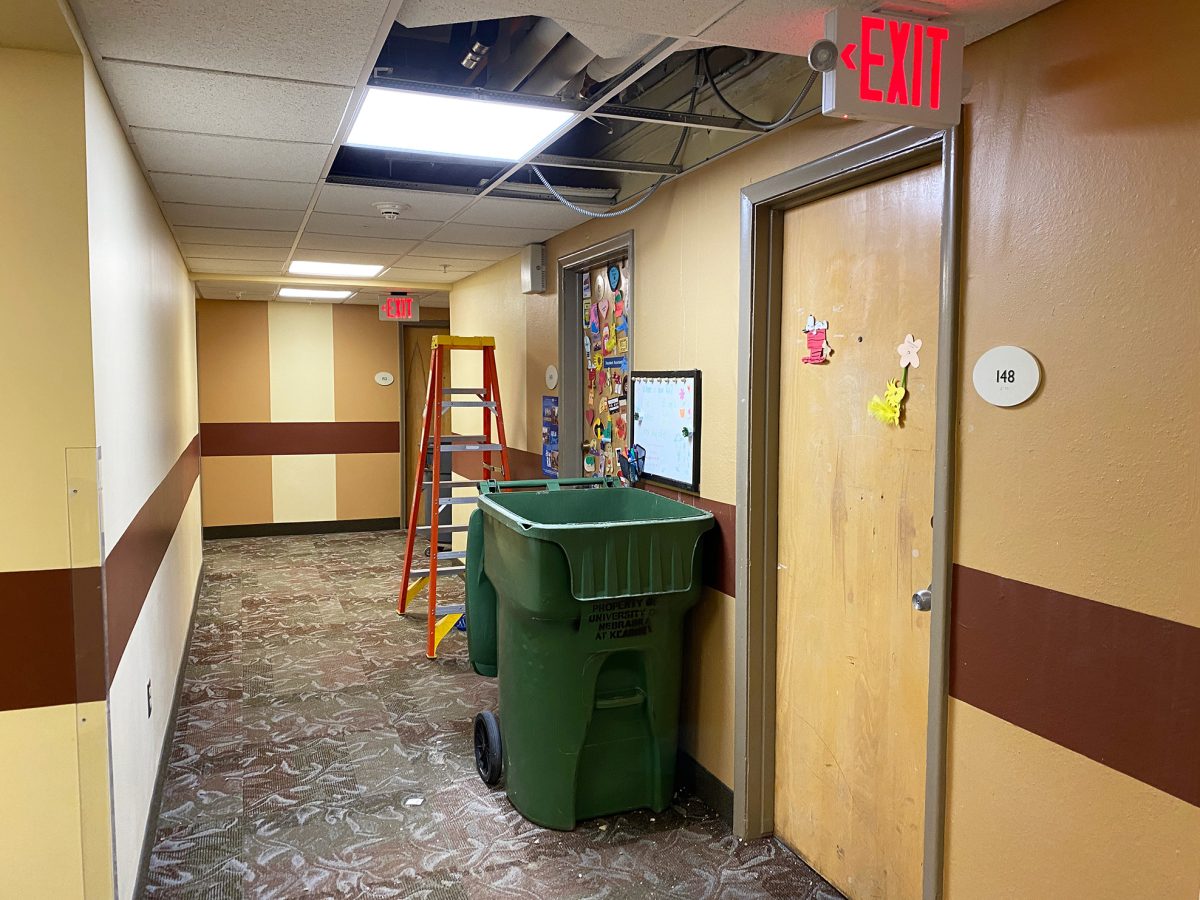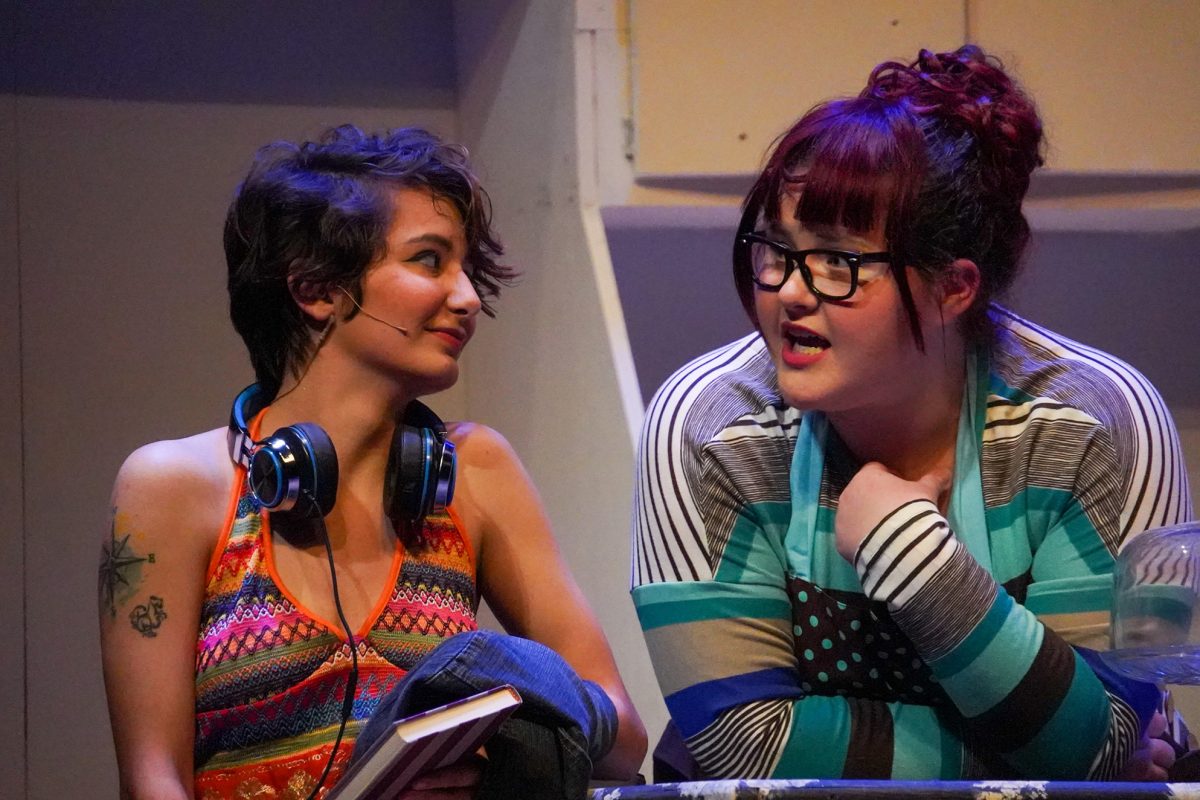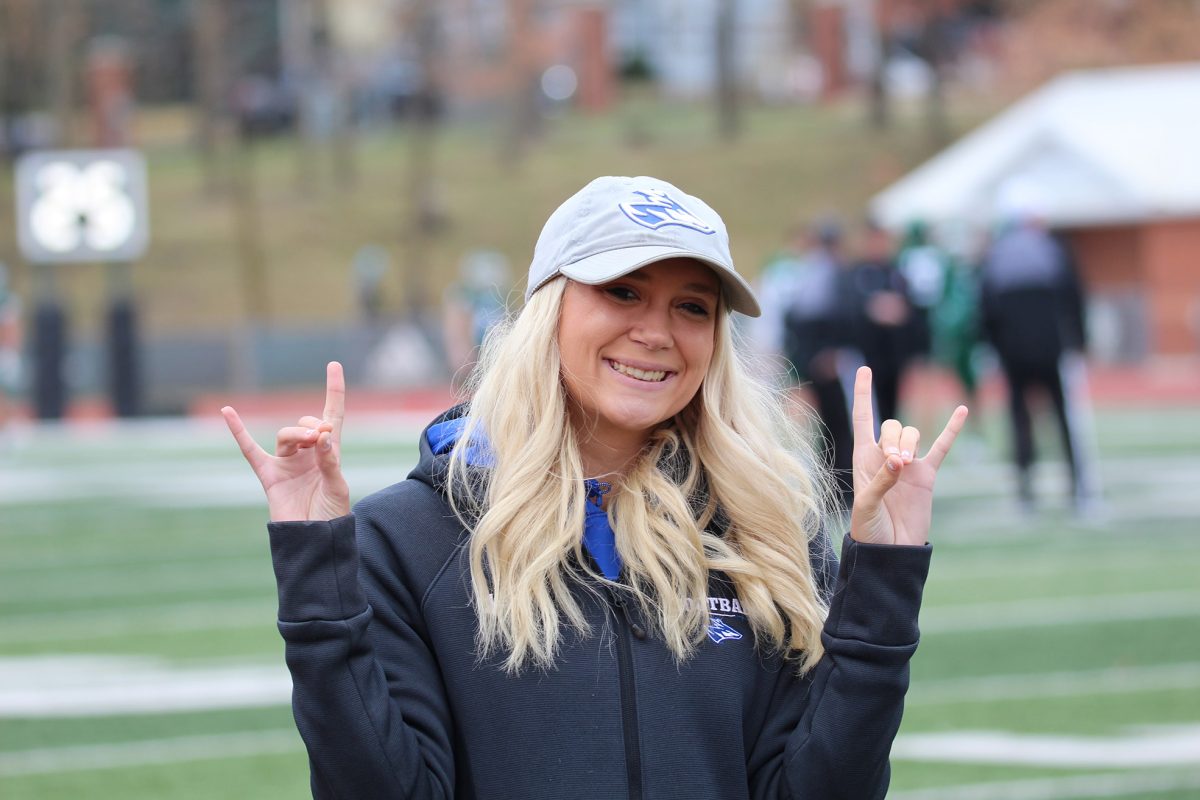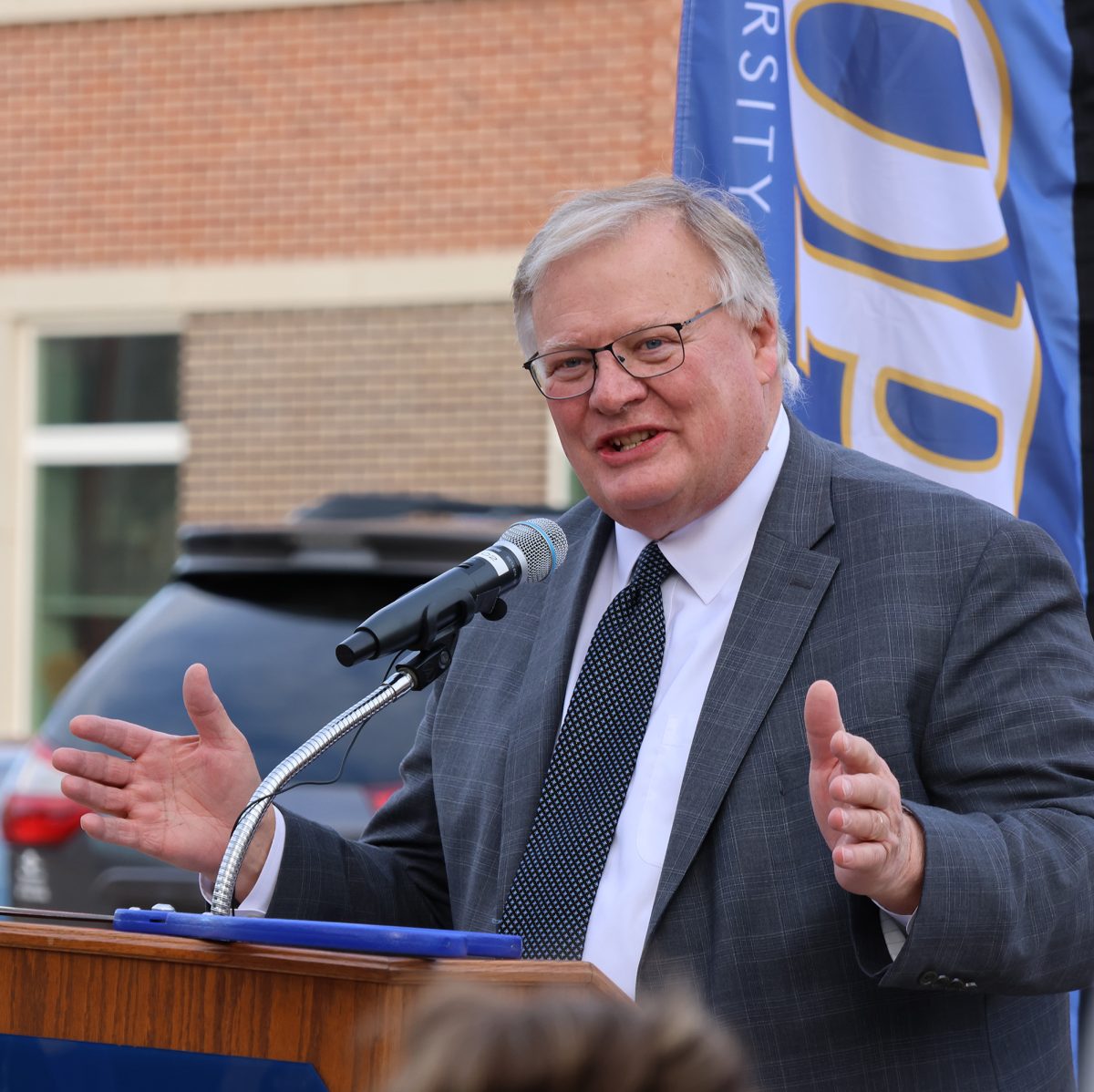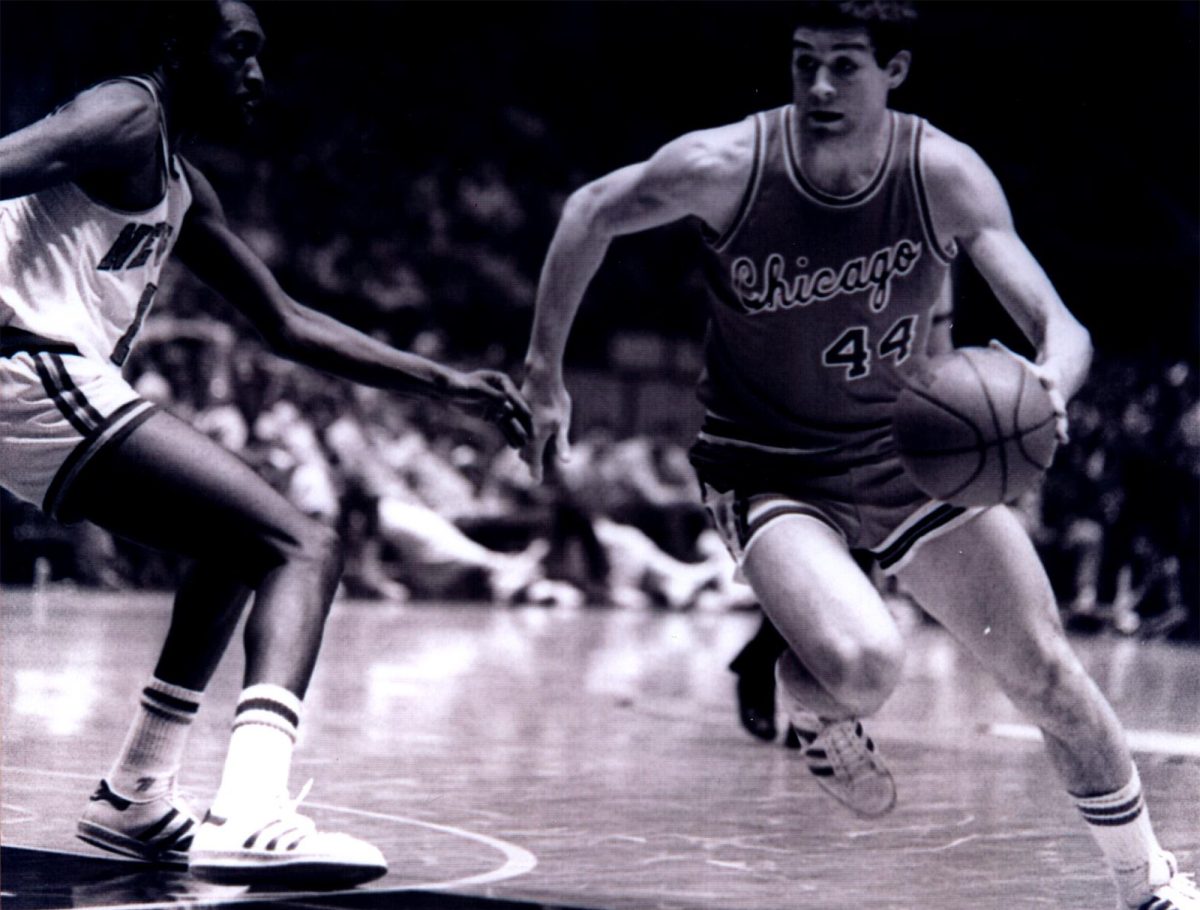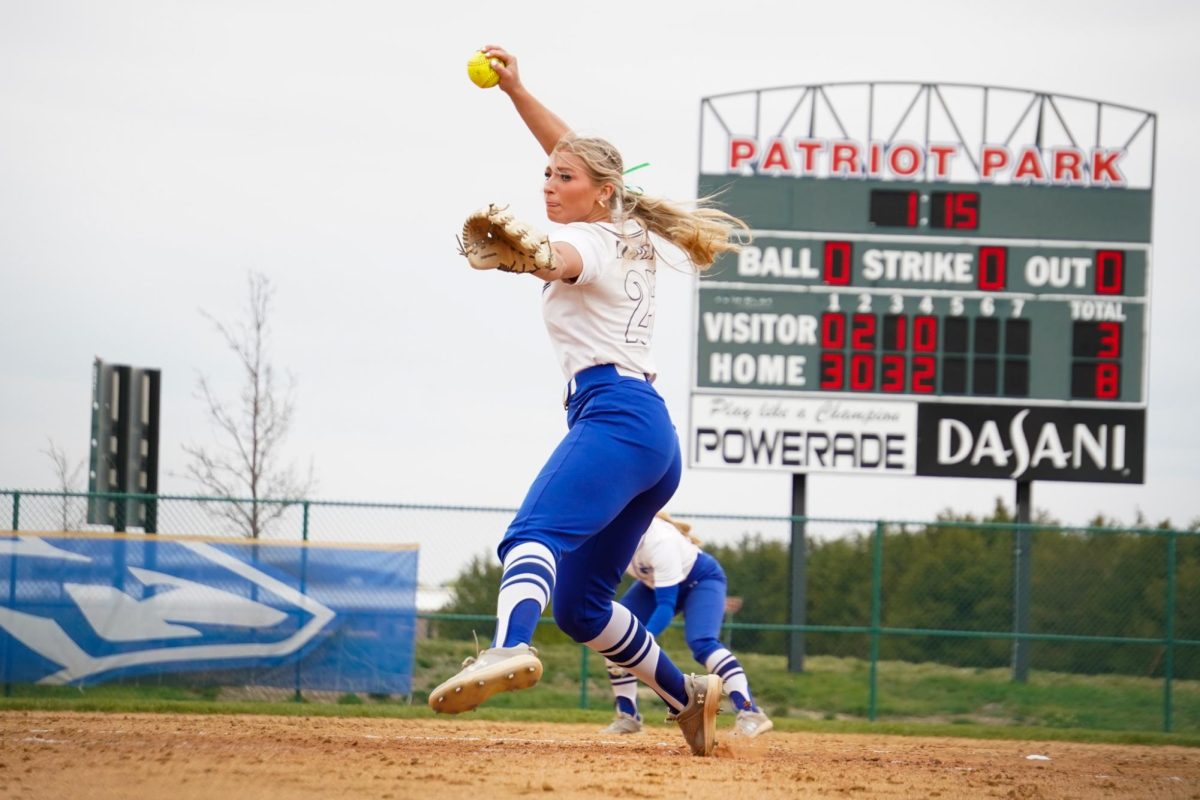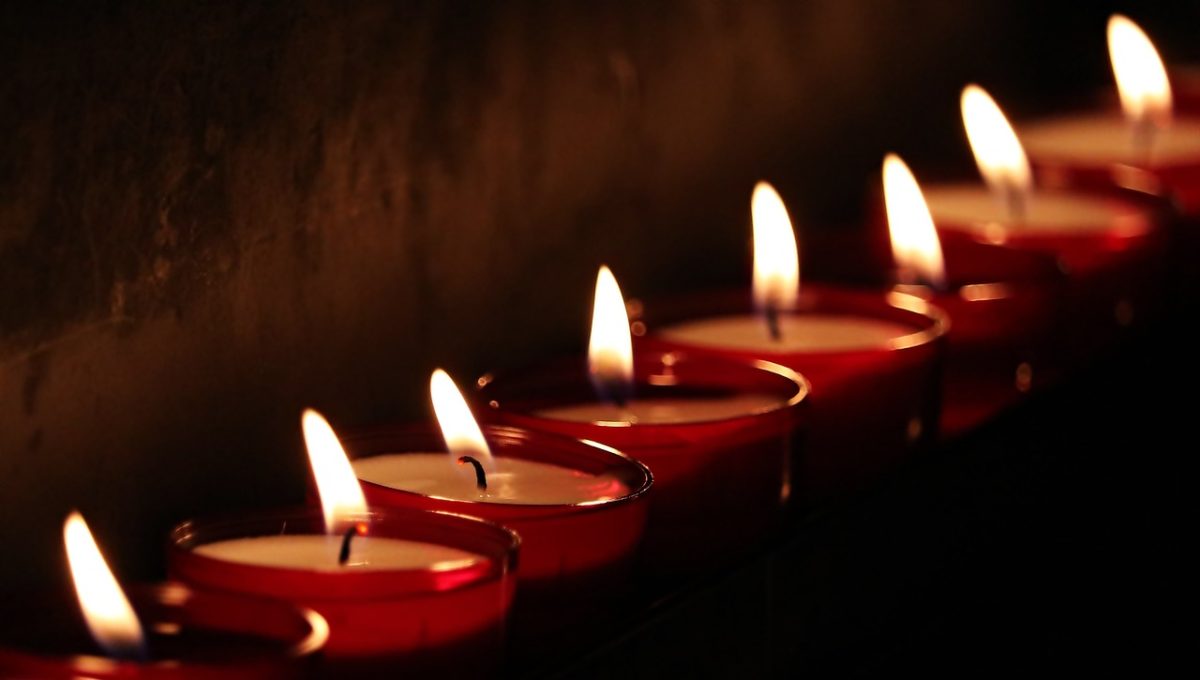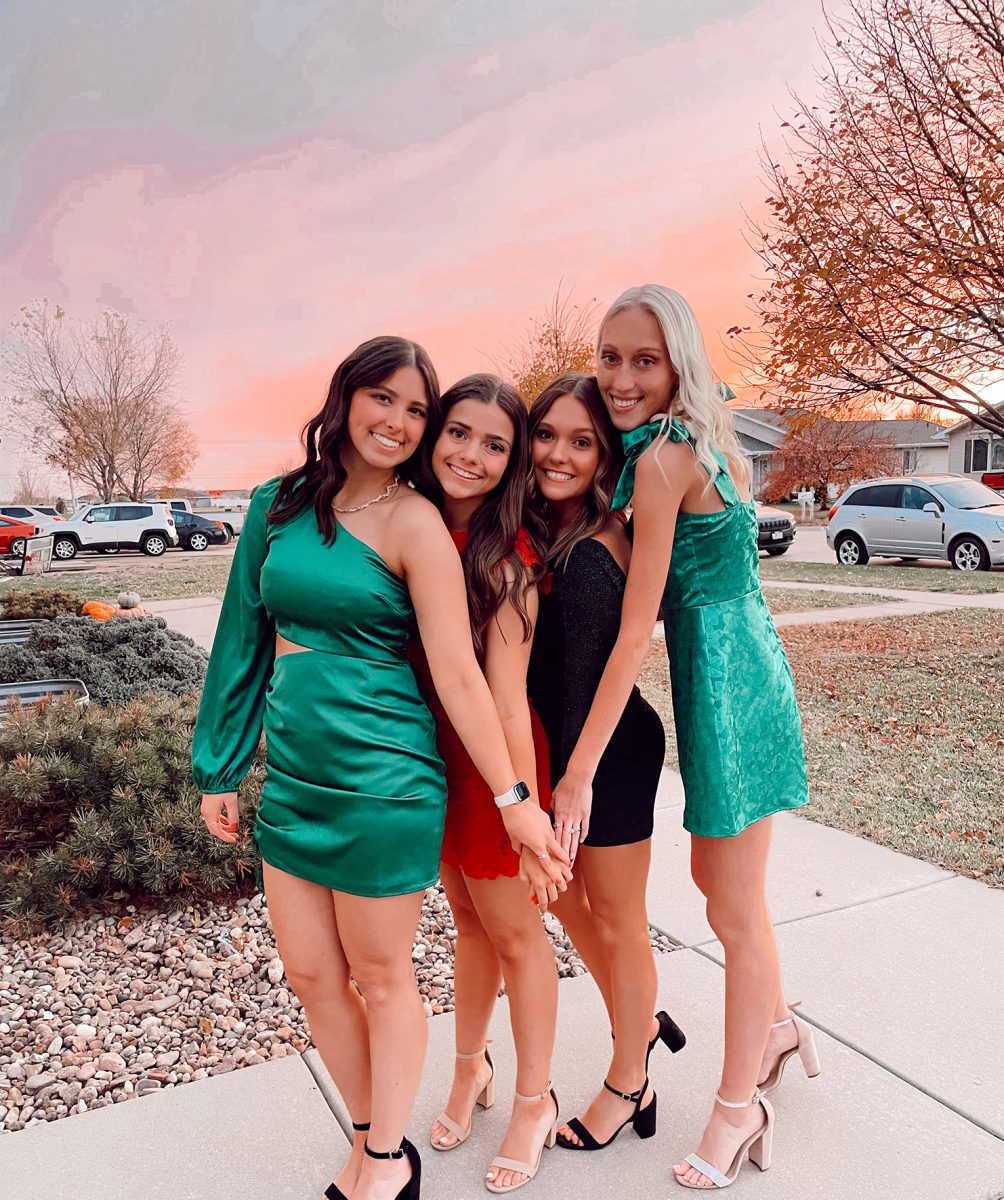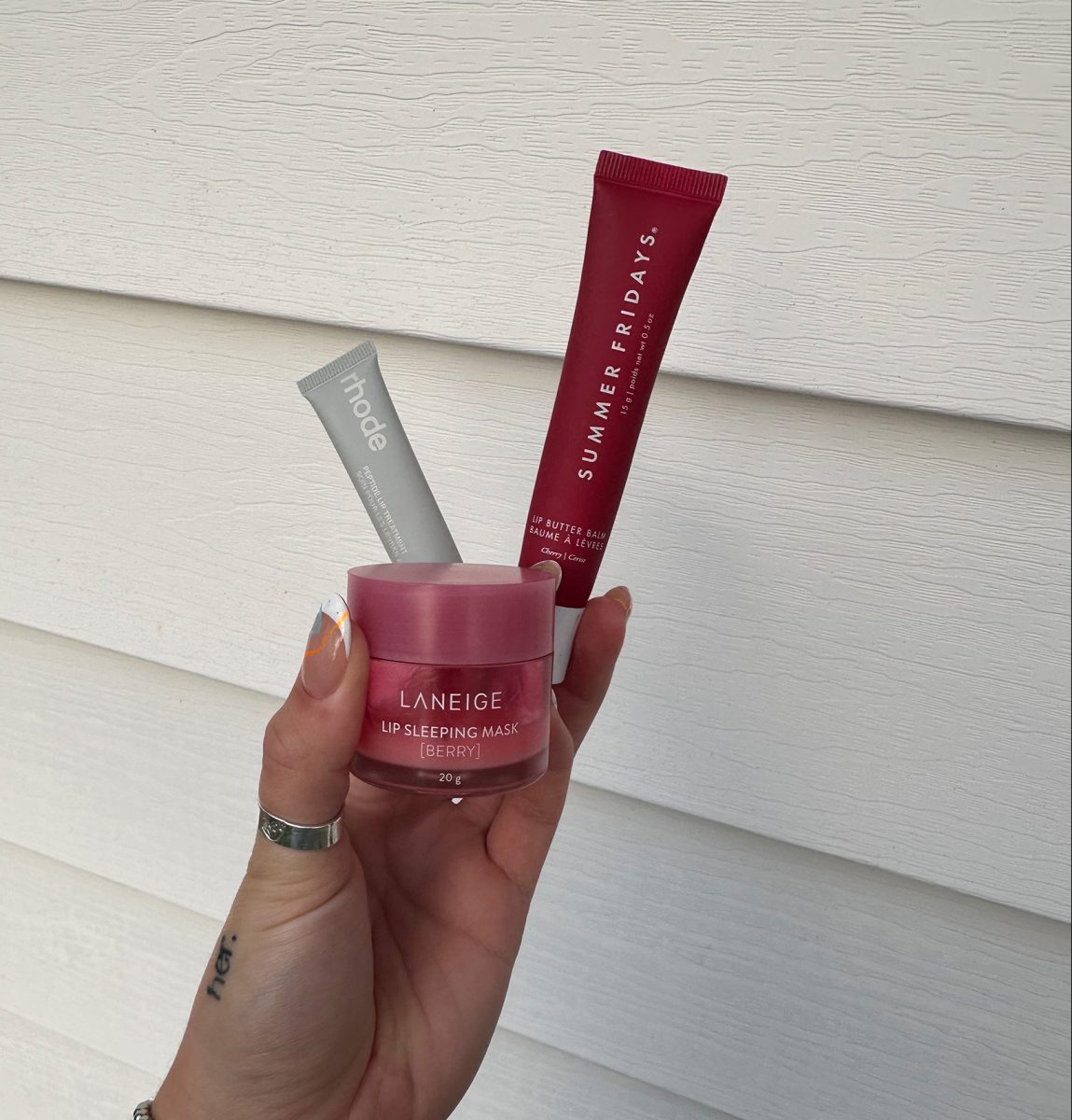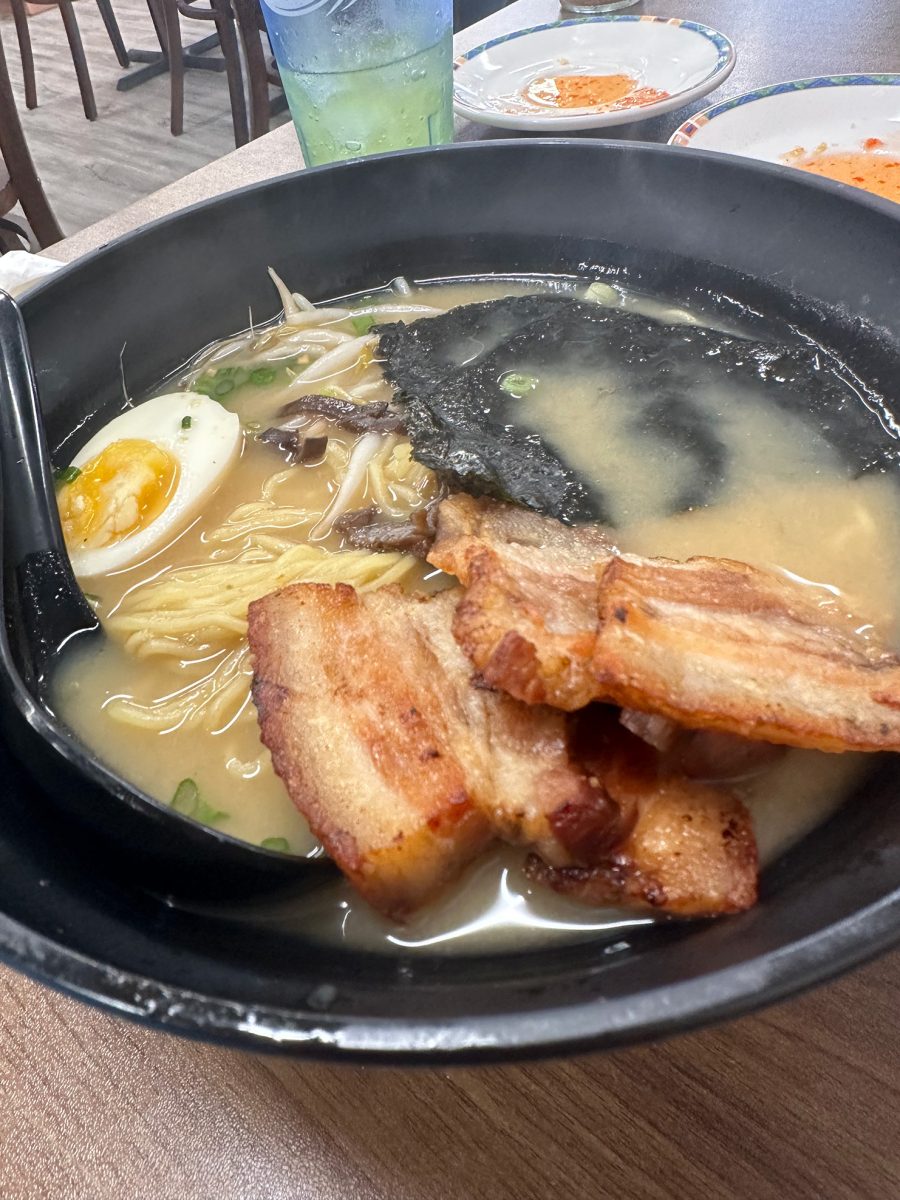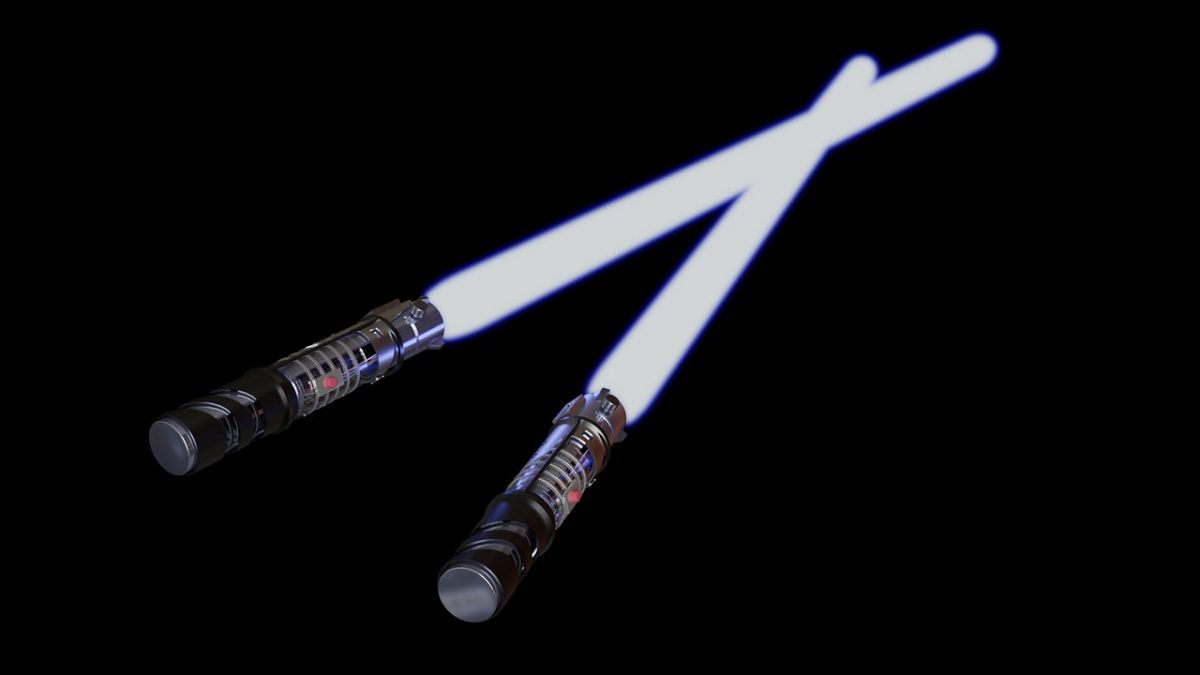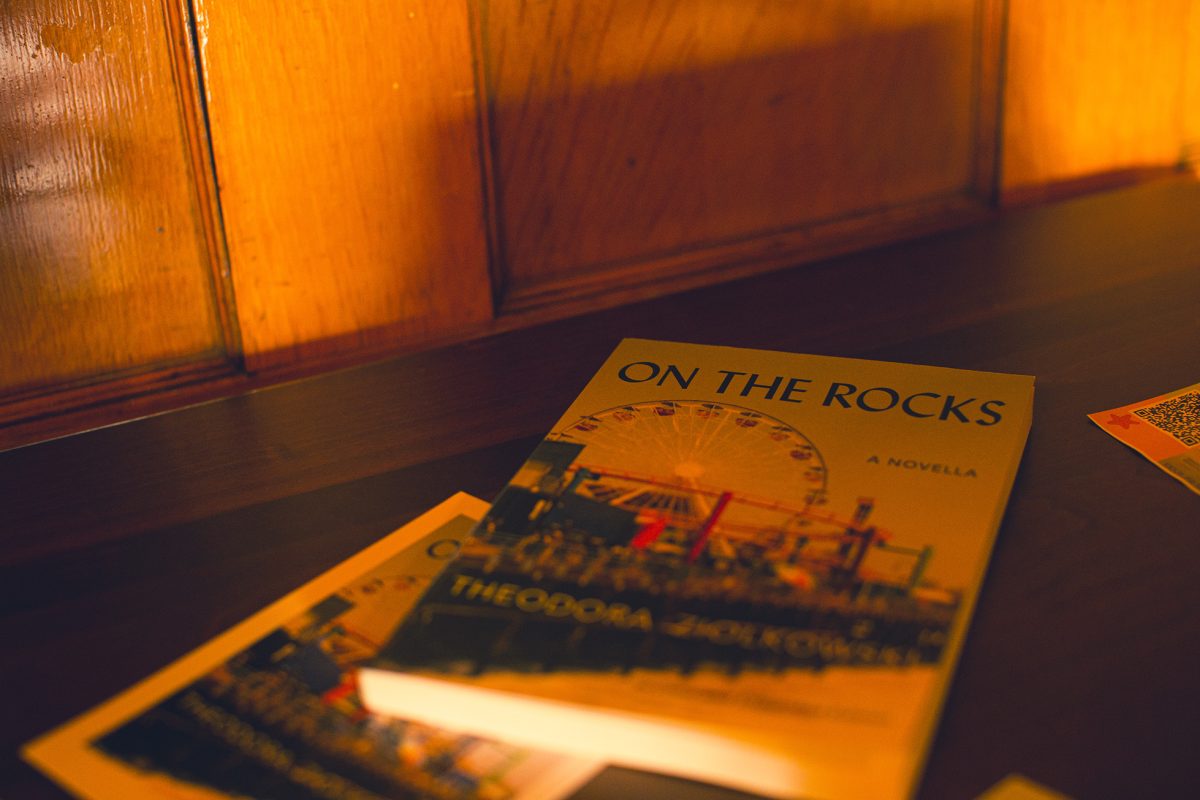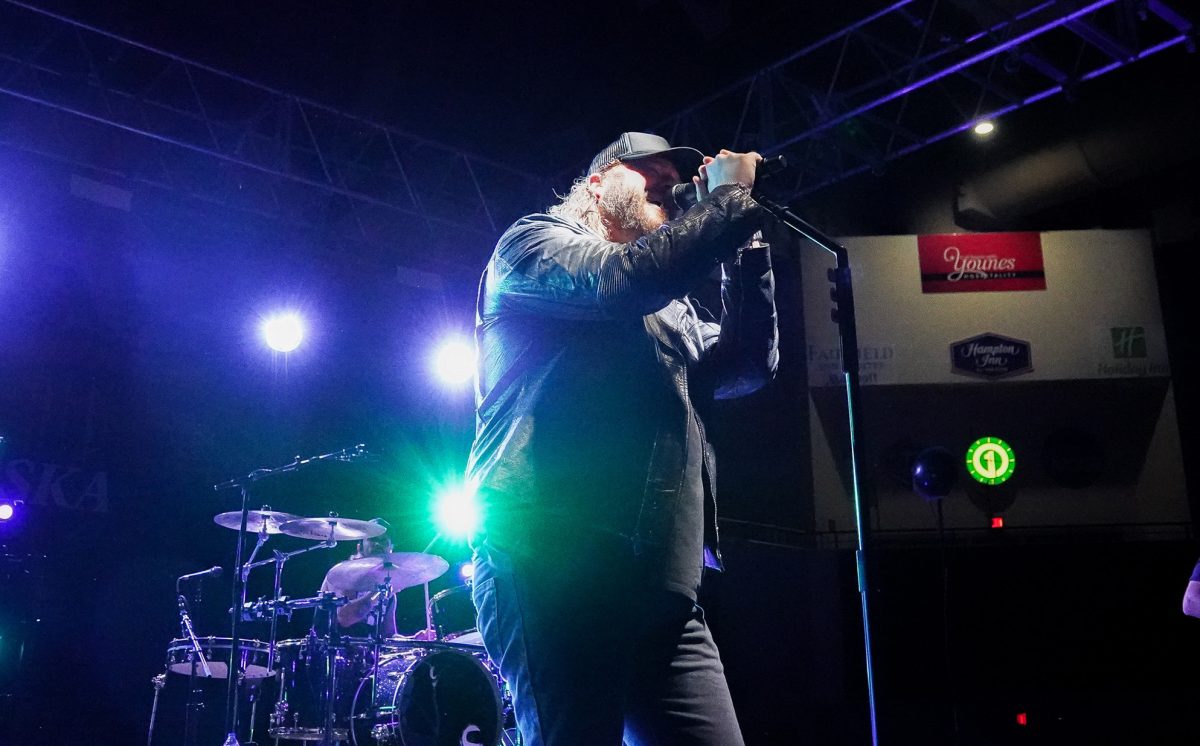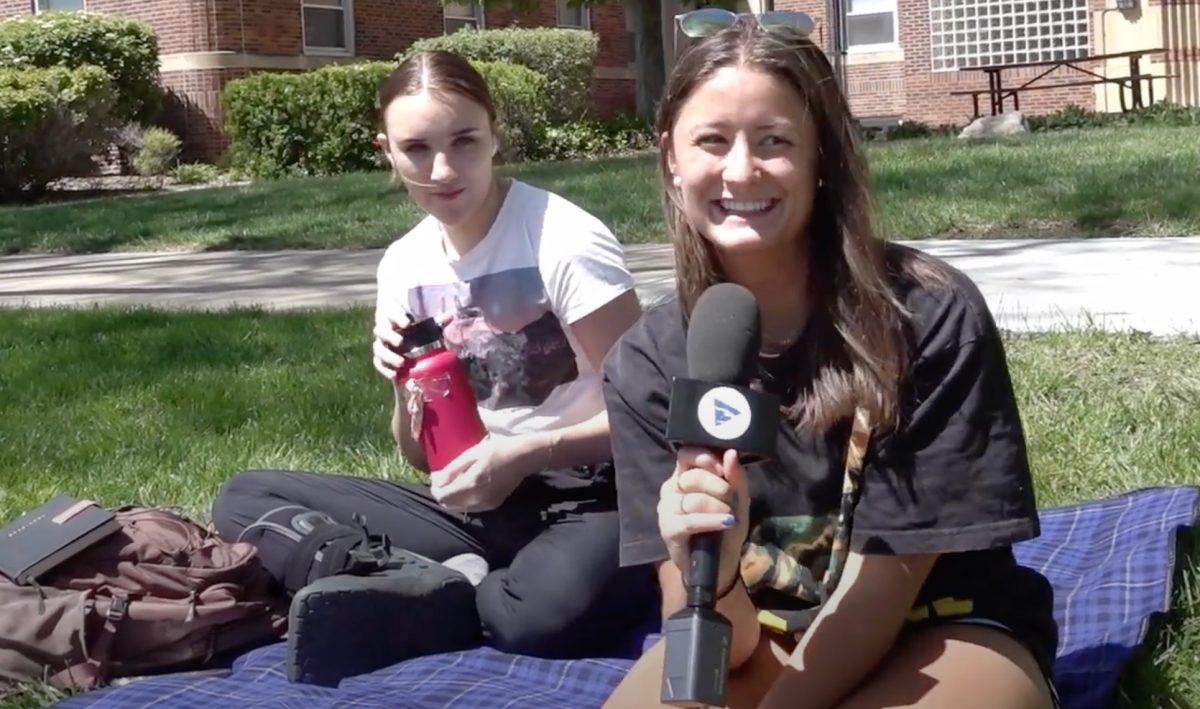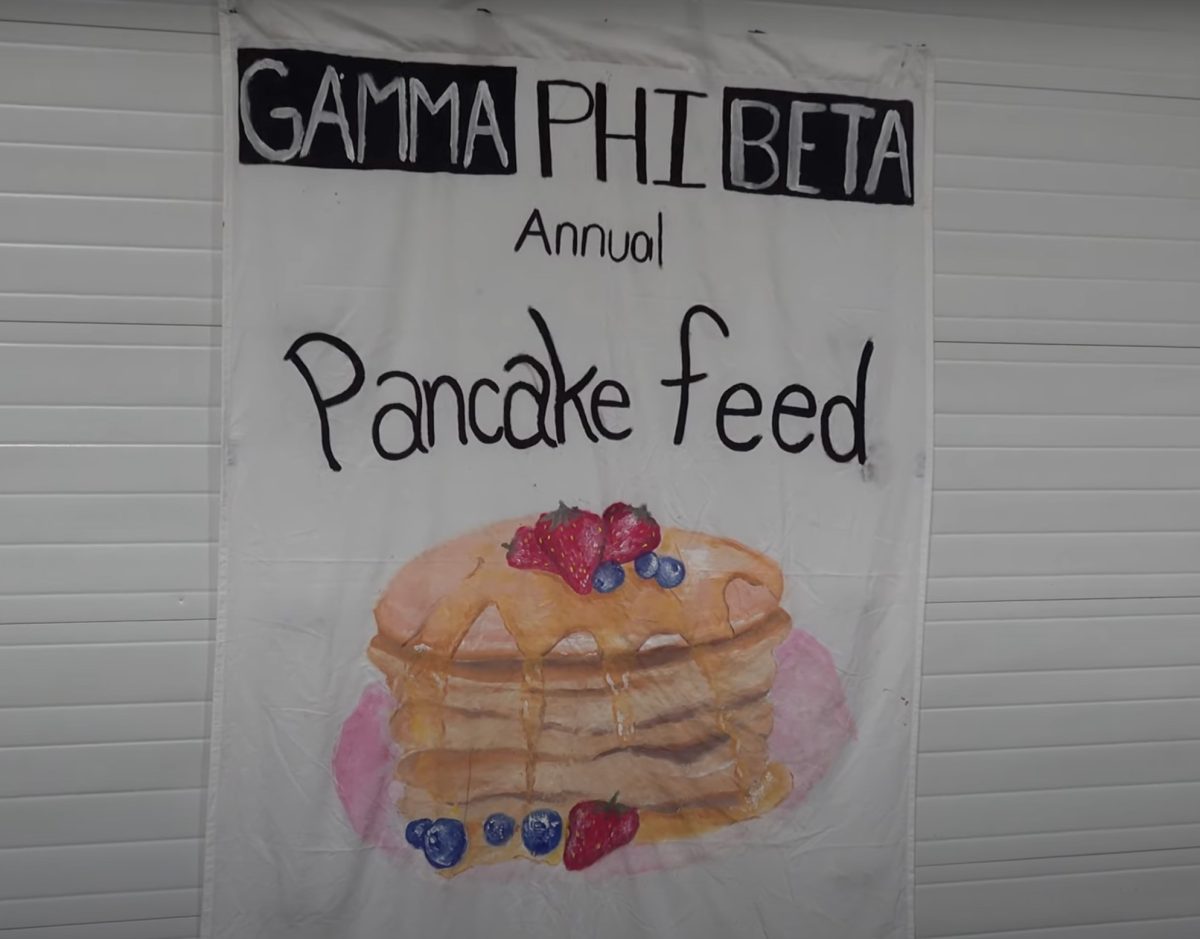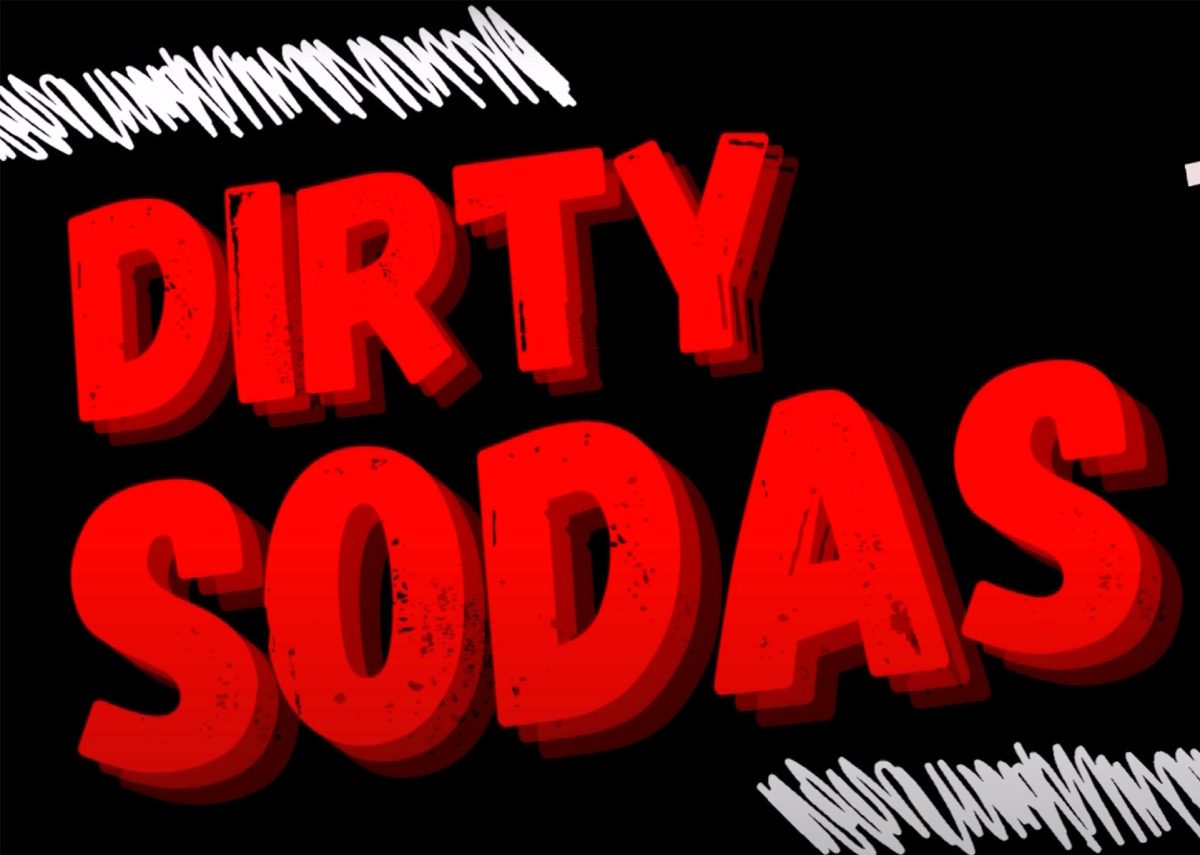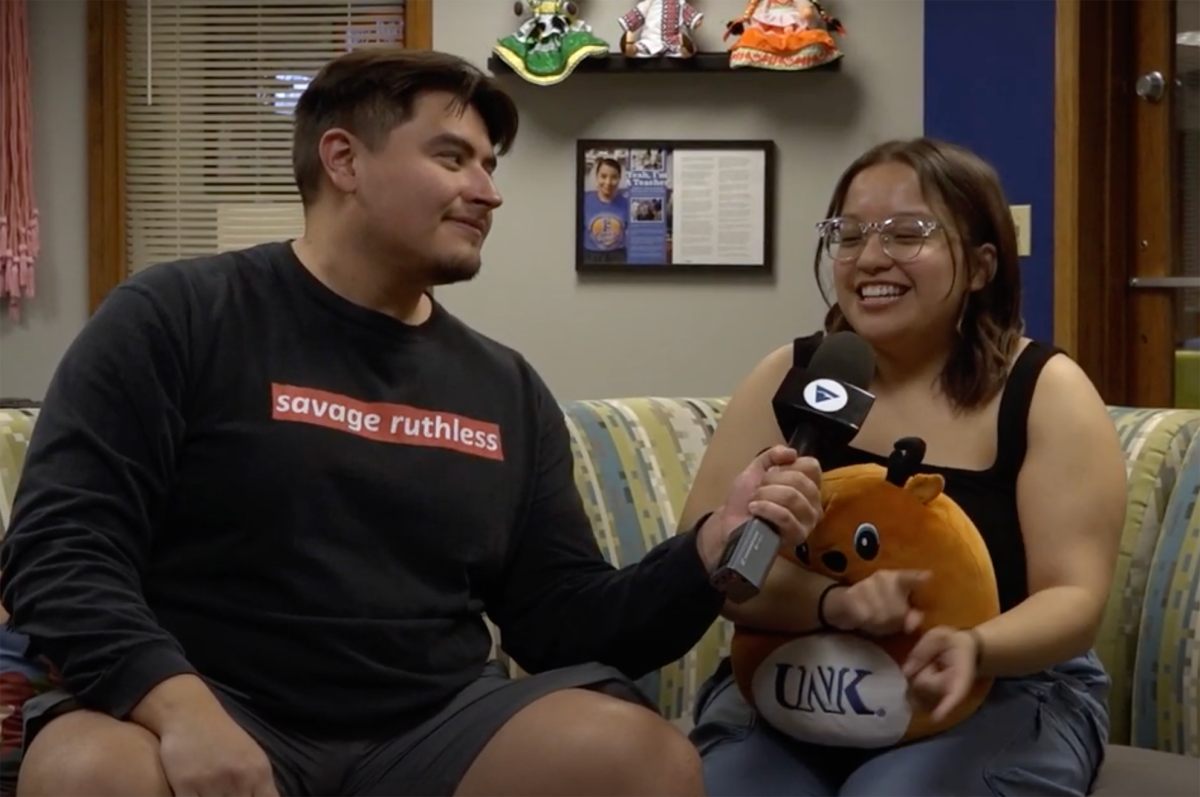World may be troubled, but admiring past isn’t productive in solving it
Elliot Gonnella
Watching the news or looking over our social media feeds paints a bleak picture of how things are. Political rhetoric seems to sink lower as the days progress, from talks about treating rocks as rifles to shockingly racial prejudices given considerable mainstream air time. There seems to be at last one mass shooting a week, and even middle-of-nowhere-halfway-to-everywhere Kearney had its own tidings with ideological vandals.
The market shows signs of repeating the 2007-2008 patterns before the recession, the climate change doomsday clock clicks ever closer to midnight, and the rising cost of a necessary higher education puts a dark cloud over the heads of thousands of students. It would be easy to fall into the belief that the challenges we face today are unique and the world is falling apart in front of us. Things seem to be going from bad to worse as the days progress and there seems to be a call from all aspects of our lives for normality.
What is this normal people bring up when they say “I wish things were normal again”? I would bet my right hand that if you asked ten people what normal looks like, you would receive more than ten different answers. They usually aren’t referring to the dictionary definition, the median or average. Despite the call for everything to return to normal, I don’t think there has ever been a time that could be called normal in American history. The best example of normal I can think of, and the one mentioned by politicians usually on the right side of the aisle, is the reference to the ‘good old days’. The quintessential 1950s and early 60s where everything was so organized and moral is often what comes to mind with sayings like that. America was a superpower that was respected all over the world. White picket fences, the wealthy blue collar and the 9 to 5 shift at the local plant in the growing suburbs. Just picture any episode of “Leave it to Beaver” and that is what many want to think of when they speak of the good old days.
It seems like a nice idea, a good ‘normal’. That is until you peel back the layers and examine what held up the gilded charade. Racial tensions synonymous with the Jim Crow era were rampant in those years. Partisan politics had organized practical witch hunts against any political organizations that did not conform to the ideal, perhaps best symbolized with the McCarthy hearings. Scapegoats were found for all problems, real or imagined. The reason the United States economy did so well in the post war era up to the 1970s was because the factories had been untouched by the bombing campaigns of the Second World War, not because of policies by the powers in charge. Kent State, bombings of churches that desired equal rights and an atmosphere of blatant misogyny dominated many aspects of life that were trademarks of these years. There were also two different wars going on for those decades, one hot and the other cold.
It doesn’t sound like a very peaceful or productive time, and hardly what many would call ‘normal’. A select few benefitted from this time, but it was built on the suffering and shortcomings of others who were purposefully excluded. It is a delusion spoken by those who long for the day when they themselves were in power, no one else.
The truth is there is no ‘normal’ in America and I am perfectly fine with that.
True, I would not like to wake up at least once a week and hear about another mass shooting or how my elected leaders are laughing at the idea of global warming when it snows outside; however, it does offer a challenge, perhaps one we made for ourselves, but a challenge and not a problem. I would rather live in a world of challenges that need to be addressed to build a better world than cling to an artificial ideal.
“I would rather live in a world of challenges that need to be addressed to build a better world than cling to an artificial ideal.”

